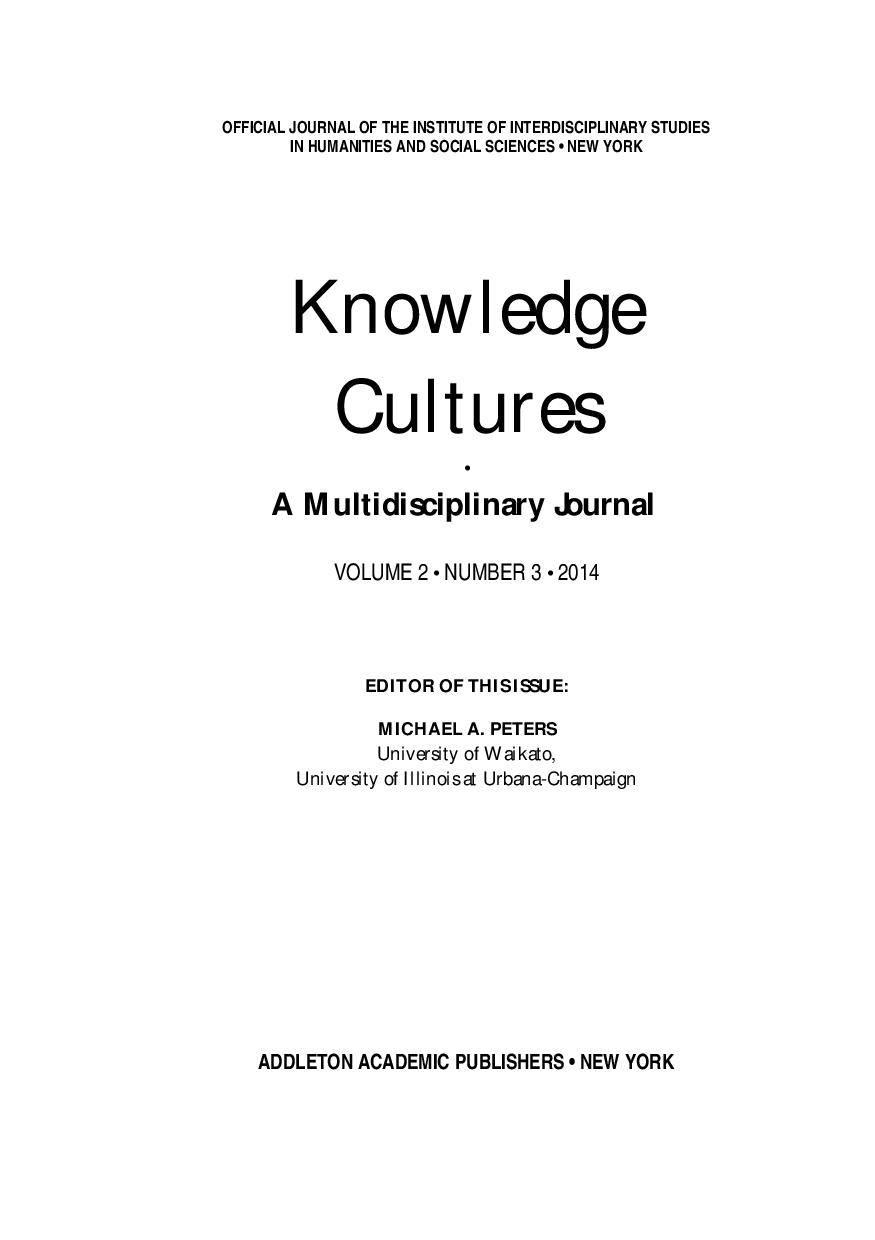THE CREATIVE CHILD: CONSTRUCTING CREATIVITY THROUGH EARLY CHILDHOOD EDUCATION IN MODERN AMERICA
THE CREATIVE CHILD: CONSTRUCTING CREATIVITY THROUGH EARLY CHILDHOOD EDUCATION IN MODERN AMERICA
Author(s): Camilla NelsonSubject(s): Social Sciences
Published by: Addleton Academic Publishers
Keywords: creativity; cultural construction; discourse
Summary/Abstract: This article examines how the ideal of the creative child was constructed within public and professional discourse through the mid-nineteenth to mid-twentieth centuries, with a focus on the growth of the kindergarten movement in the United States. It argues that the creative child was not a “discovery” so much as it was a social and cultural construction or invention. This is not to argue that there is no such thing as creativity or that children are not creative, but to argue that the construction of the child as creative has profoundly shaped the social, cultural and “scientific” apprehension of what creativity is. In so doing, it points to a need for a more culturally and historically sensitive model of creativity that acknowledges the ways in which the creative idea has shifted and transformed over time, including the ways in which it has been shaped by – and become a focus for – the cultural anxieties of the age.
Journal: Knowledge Cultures
- Issue Year: 2/2014
- Issue No: 03
- Page Range: 29-50
- Page Count: 22
- Language: English
- Content File-PDF

